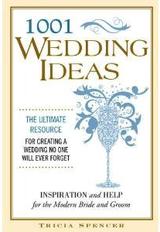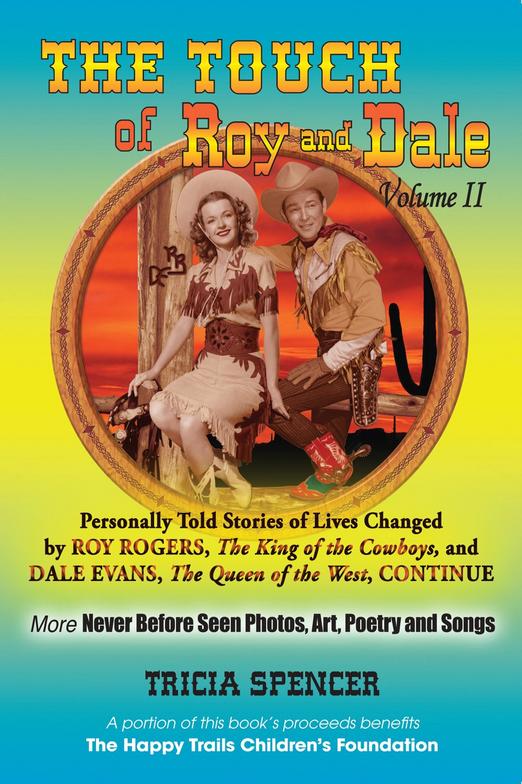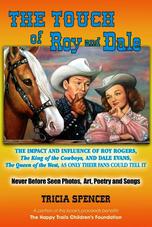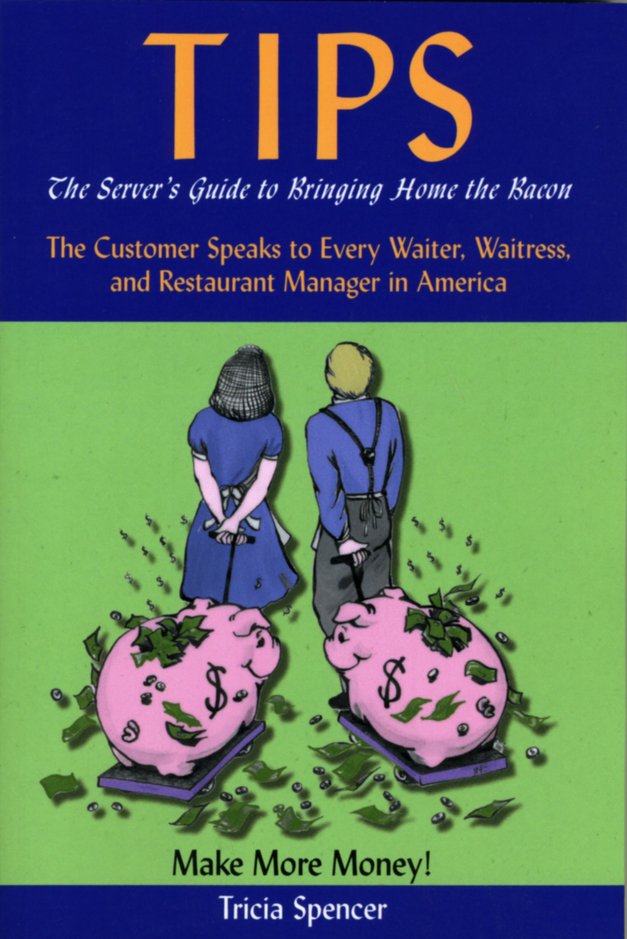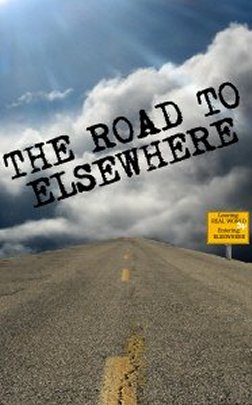Use 4 Steps to Ace the Interview and Get the Job
How to Boost Careers with Winning Job Search Interviews
Preparation Eases Interview Stress
The applicant who wins the job is not always the one most qualified. The job winner is often the one most remembered.
Interviews can be stressful, but careers are never launched and jobs are never secured without them. Employing outside-the-box thinking can be the difference between interview success and failure.
1. Interview Questions Homework
The first step to acing any interview is to engage in diligent research.
- What is the company's mission statement and goals?
- Who are the company's principals and how have they created success?
- Who is the interviewer and what has he or she achieved?
- Why is this job necessary to the company?
Understanding the company's dynamics allows the applicant to speak with authority.
Question: "Why are you interested in working for this company?"
A typical answer: "I've always wanted to work in advertising."
A far better answer: "I've always been inspired by CEO John Bakers unique approach to launching new ad campaigns with radio first and television second, and I believe my skills and fresh ideas would complement that creative thinking. I also agree with the company's dedicated mission to make every client feel like the only client."
Such a response packs a wallop of inside information and sends a powerful signal to the interviewer that the applicant has not only done his or her homework, but he or she is ready to jump in and contribute.
Bottom Line: Incorporating the accomplishments of the company, its leaders and the interviewer into effective answers shows commitment to the job.
2. Practice Interview Skills With the Mirror
To eliminate potential problems, every interview
should be preceded by practice with a mirror.
Stumbling over words, darting the eyes
or unconsciously making faces can derail any interview.
Common interview questions can be found online or at the
library. Making a list of possible questions and then practicing the answers
before a mirror can foster poise and erase behavioral mishaps. Carefully
listening to vocal intonations can raise awareness of dropped sounds or
clipped words that derail authority. Working with a mirror is a simple
yet extremely effective way to polish interview skills and become
the self-assured applicant the interviewer is hoping to find.
Bottom Line: Practice does make perfect.
3. Show and Tell Gets the Job
Basic resume elements include:
- Brief biographical and contact information
- Education
- Achievements
- Proficiencies
- Experience
- Ambitions
The above information must be concise and presented without unnecessary statements or hyperbole. A resume is meant to be a quick read. However, back-up documentation is a plus. Packing a briefcase with organized work samples and effective photographs gives an applicant the timely ability to answer any question with an offer of showing instead of telling. A simple "I've brought an example with me. May I show it to you?" is the perfect response when asked to clarify any resume statement.
Bottom Line: Prepared and willing to elaborate are two exceptionally valuable interview assets.
4. Winning Interview Techniques Include Conquering the Many "Whys"
- Why are you leaving your current position?
- Why do you want to work here?
- Why should I hire you?
Some questions may not have simple answers, and the only way to insure answering with conviction is to examine all of the "whys" before arriving for the interview.
For example, the answer to why an applicant should get hired may have multiple truthful responses. But which one would be the most persuasive to the interviewer? It's impossible to know. That's why all pertinent reasons must be covered. Thorough preparation bolsters the applicants ability to answer without fumbling and without possibly omitting the one "why" the interviewer truly wants to hear.
Embracing the also provides the opportunity to wrap a positive around a negative.
Question: "Have you ever been fired?"
Typical answer: "Yes, but it really wasnt my fault."
Much better answer: "Yes. I made the mistake of accepting a position with a company that was not a good fit for me, and it became apparent to my manager and to myself that I needed to go to where my heart was in the work and in the company. The most successful relationship is win-win, and after much research, I believe that this company and I create that perfect, mutually beneficial fit."
Bottom Line: Knowing every to every single question in advance inspires the power that comes from knowledge.
Interview Success is a Horse Race
There are many singular elements necessary to achieving
a successful interview, but the one that matters most is the ability to
stand out from the crowd. Just as all the attention at a horse race is on the winning horse, all interviewers eyes will be on the one applicant who breaks
free from the pack and effectively creates a memorable impression.
Bottom Line: Utilizing four simple steps can help transform
any applicant into the most memorable one.
Research and Study Gives Job Applicants an Edge
Practice With a Mirror Before the Interview
Helps to Eliminate Problems
Fill Your Briefcase With Organized Backup Documentation
Leading the Pack Wins the Day and the Job
The copyright of the article Use 4 Steps to Ace the Interview and Get the Job is owned by its author, Tricia Spencer.
Permission to republish any part of the article in print or online must be granted by the author in writing.
Timeless
Life and Living
with Tricia Spencer






